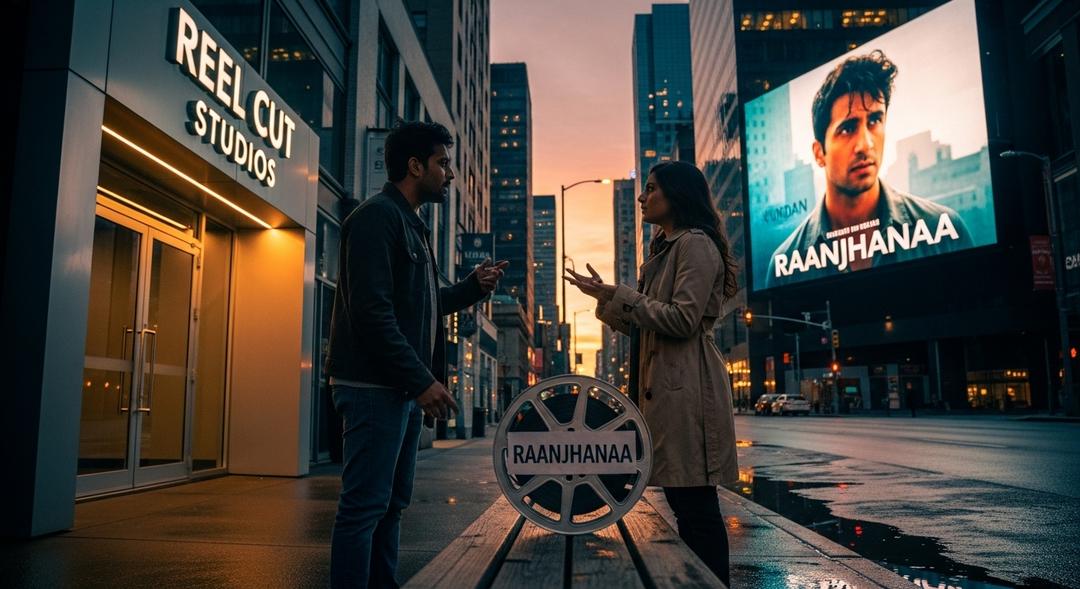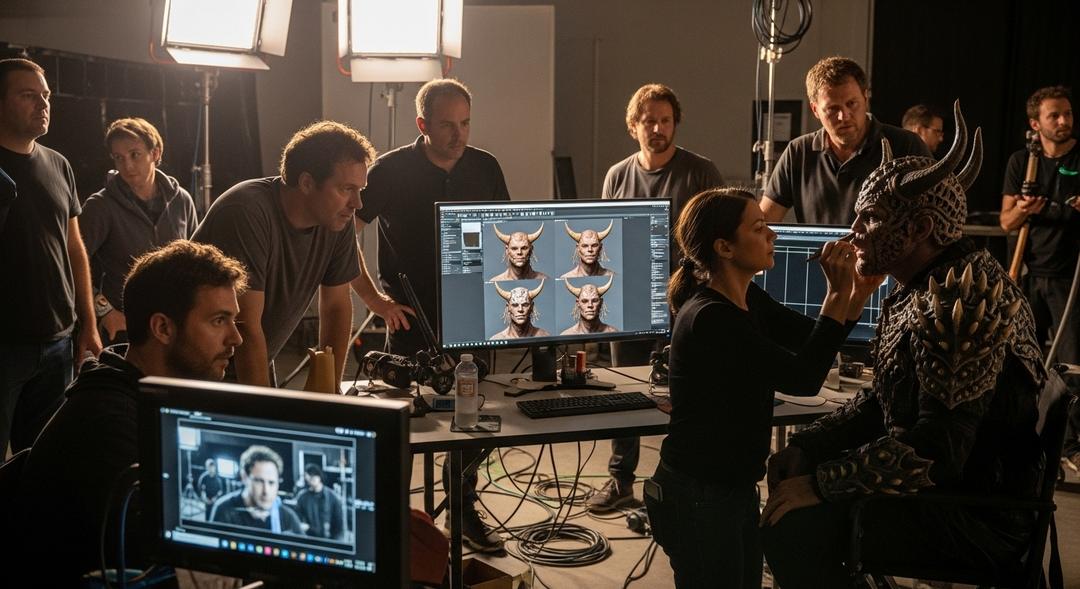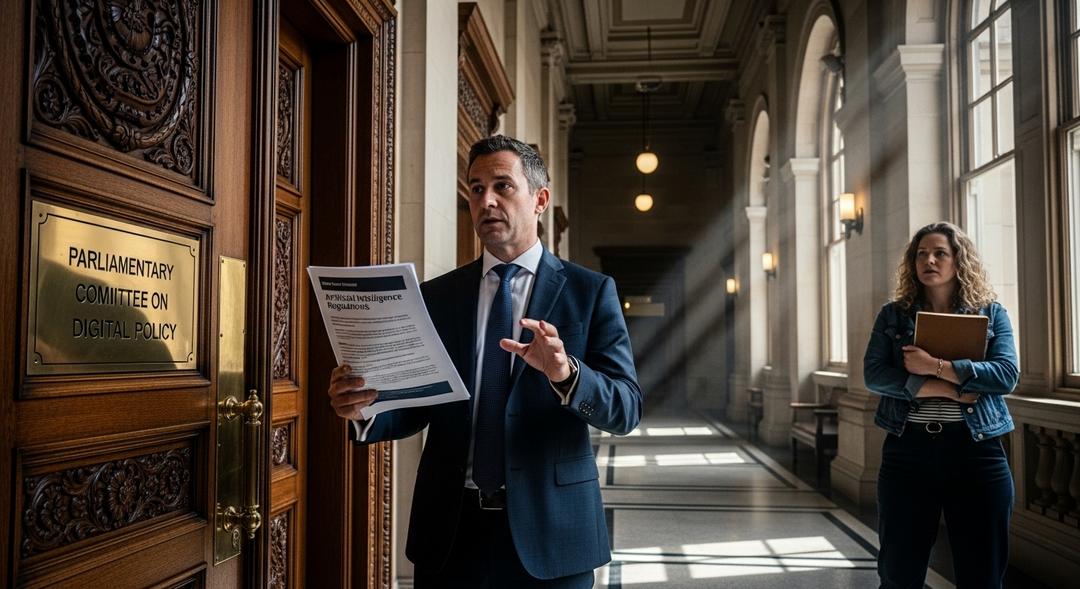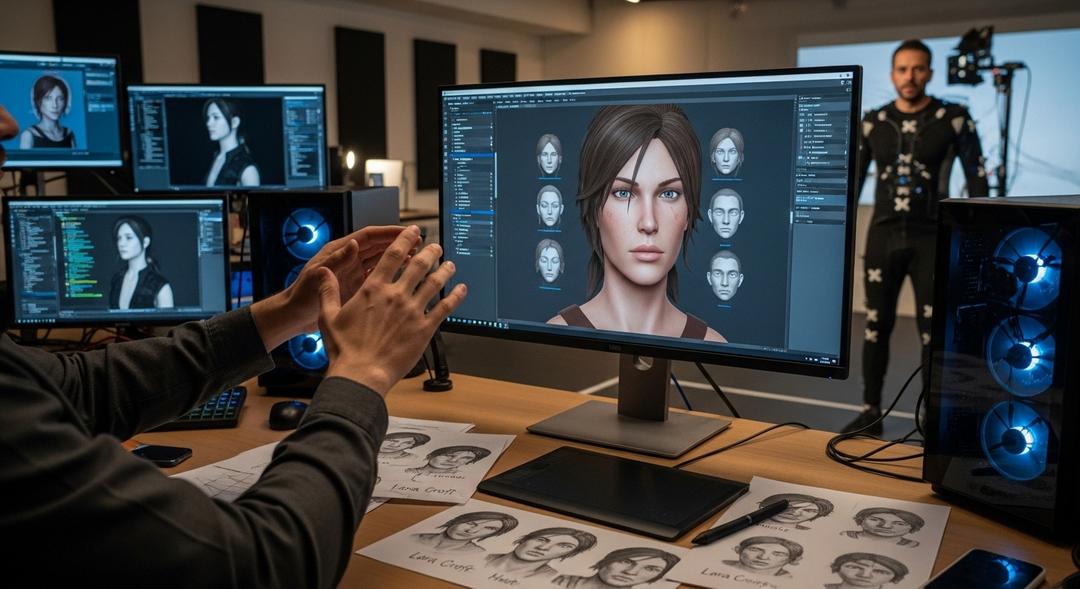A storm has erupted in Indian cinema over the use of artificial intelligence to rewrite film endings, and creative tempers are now boiling over.
The latest flashpoint is Eros International’s decision to re-release the Tamil version of “Raanjhanaa” next month, complete with a drastically revised happy ending crafted by AI. The original film, released in 2013 and known for its tragic finale, garnered critical acclaim and cult status for its soulful portrayal of love and loss. Now, the titular character Kundan survives, flipping a defining moment that fans have debated for years.
Director Aanand L. Rai, the creative force behind “Raanjhanaa,” is far from pleased. In his view, the move by Eros not only tramples on creative intent but also sidesteps the vital question of artistic consent. “The recent announcement about AI-altered, Tamil language re-release of ‘Raanjhanaa,’ without the knowledge, consent, or involvement of its makers, sets a deeply troubling precedent,” Rai said.
The heart of the controversy lies in the tension between legal ownership and creative rights in India’s evolving copyright landscape. Eros Group CEO Pradeep Dwivedi has offered a robust defense, insisting the studio has every legal entitlement, even referencing contractual waivers for moral rights Rai signed years ago. He frames the alternate ending as a form of innovation, similar to technological advances like sound and color. “The original ‘Raanjhanaa’ remains untouched and widely available. The AI-assisted version is a complementary narrative offering, clearly marked as such,” said Dwivedi.
Legal Showdown and Artistic Tensions
This public spat comes as the two companies, Eros and Colour Yellow, are already battling in court over allegations of financial mismanagement, board meeting disputes, and withheld information. Eros’s most recent statement accuses Rai of using the AI uproar to distract from these business issues.
Rai, however, maintains that the debate around artificial intelligence transcends any ongoing legal quarrel. For him, the technology’s unchecked use strikes at the very core of authorship and creative agency. “A film is not just a commercial product; it is a reflection of the vision and labour of those who bring it to life. Tampering with it after the fact, especially through artificial means, is not just a breach of trust. It is a breach of the very idea of authorship,” Rai warned.
On the other side, Eros contends that reinterpretation and reimagining have always been a staple of global cinema. Dwivedi acknowledges the emotional weight of the AI issue but stresses that when full legal rights rest with the studio, consultation with the director is not required. He insists that human creatives set the framework for the AI’s work, likening it to visual effects or editing.
Eros also plans to develop clear ethical guidelines for future AI projects, with a promise to preserve all original works unchanged.
Rai sees this battle as a turning point for India’s film industry and calls on industry bodies to establish new protocols. He draws a direct connection to Hollywood’s own recent struggles with artificial intelligence and creative control, signaling that the debate in India is only just beginning.








